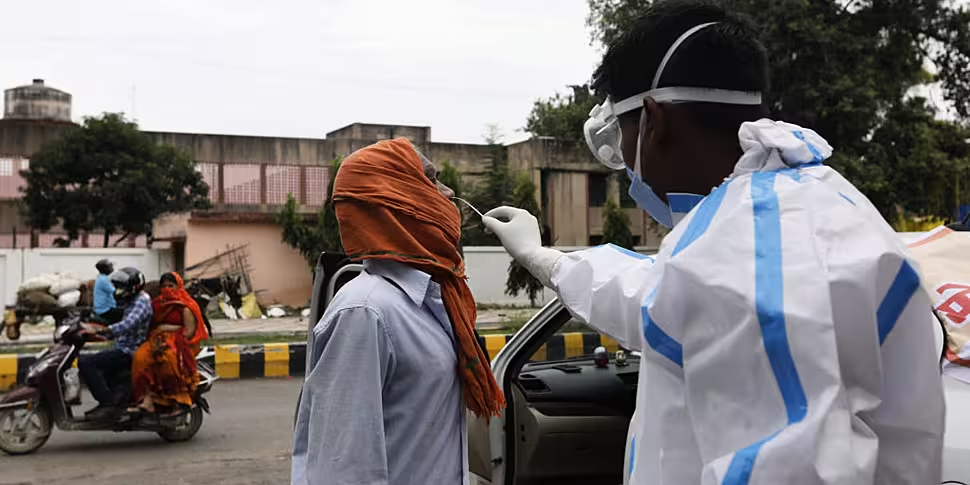The number of cases of COVID-19 globally has now passed 25 million, with the World Health Organisation (WHO) saying the world is still "in the thick of it".
The most recent figures from Johns Hopkins University show there has been more than 840,000 deaths from the virus since the pandemic began.
The US, Brazil and India remain the countries with the largest number of confirmed cases, with the US total alone currently approaching six million.
WHO spokesperson Dr Margaret Harris says many countries continue to experience very large outbreaks.
Speaking to Shane Beatty on Newstalk Breakfast, Dr Harris said the current figures are "extraordinary".
She said: "The country that is now really having record numbers is India.
"We saw them record 76,472 cases in the last 24 hours, which is unfortunately a record.
"United States and Brazil are the other two countries with large number of cases... after that we are again seeing big rises in Europe. We had Spain with nearly 10,000 [cases].
"Yes, we are seeing a very large outbreak - and we are still continuing to be in the thick of it."
Return to school
Dr Harris said the return to school is something most societies want to happen, but there's no "one size fits all" rule.
She explained: "It really is about knowing what your local transmission is... knowing how things work in your particular community.
"Taking the basic rules - being able to physical distance where possible, avoiding having children huddled in areas with poor ventilation, working out about what to do about going to and from school... [there are] a lot of big things to put in place."
She noted a European study has indicated that transmission levels are low in schools, but made the caveat that many schools were not open at the time.
She said: "We do know that younger children particularly, children under 12, do not seem to have high levels of transmission... and thankfully generally do not seem to get seriously ill, although some do.
"Once you get into the teenage years, their transmission levels and likelihood of becoming ill resembles much more that of young adults."









